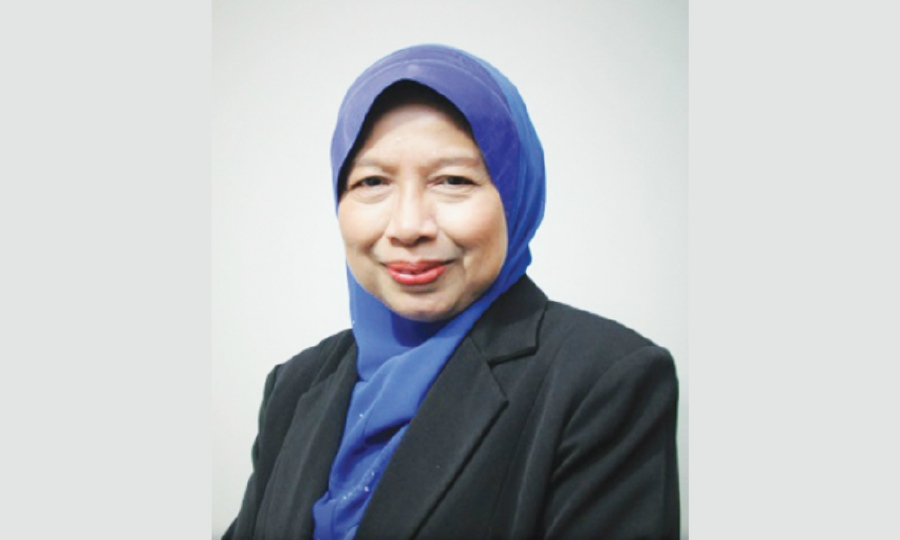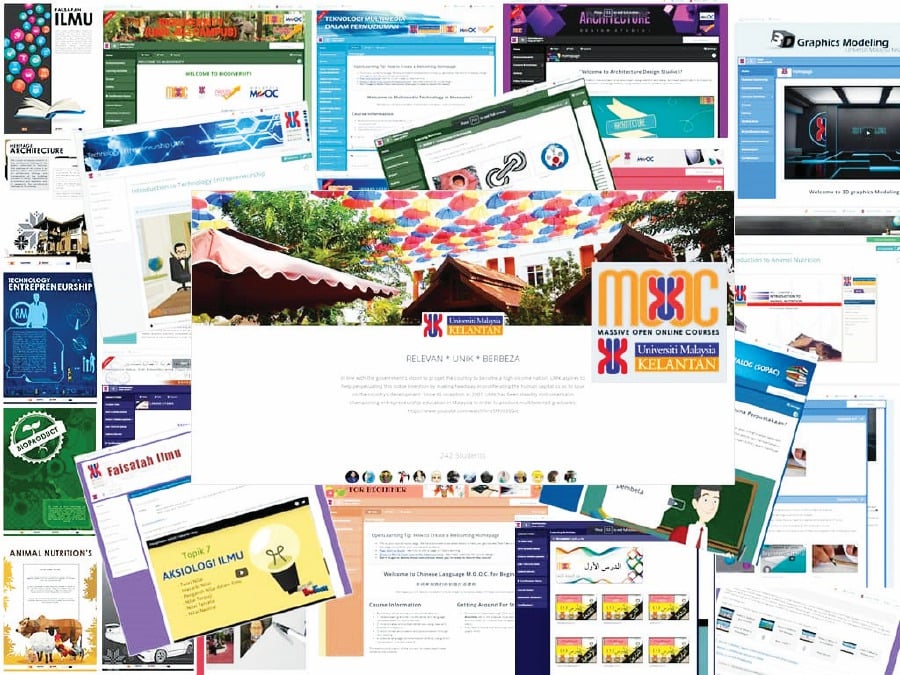Universiti Malaysia Kelantan (UMK) is targeting to make available 100 massive online open courses (MOOCs) this year to give its students the opportunity to develop self-directed learning.
Its Centre for Academic Excellence and Development director, Professor Dr Suria Baba, said this was in view that MOOCs were important tools in e-learning, which was increasingly becoming part of the new normal in the learning process today.
“Through MOOCs, lecturers and academicians can explore ways to engage students, who are mainly digital natives, and help them reach their potential by way of digital technology and stimulating creative and innovative thinking,” she said.
MOOC is a common online material developed by lecturers to provide more engaging input, including videos, animated materials and two-way interactions. It also provides a synchronous platform, whereby lessons are conducted online in real time.
Suria said a good MOOC is “able to consolidate information that has been curated into a one-stop centre with eContent that has been developed to accommodate learners’ needs, and constructively aligned to relevant real-time activities that are contextualised with authentic eAssessment”.

UMK has been designing and producing MOOCs since 2015. While the courses available are mainly catered for the UMK learner community, there are a few that have students from abroad enrolled.
Suria said although UMK did not offer credit for MOOCs taken by students, there were plans to do so in future.
“The target is to get more and more engagement from academicians at UMK. We have about 360 active staff, so once everyone becomes a MOOC subject matter expert, we shall embark to the next level.”
She said MOOCs were a key element in UMK’s five-year plan, the 2020-2025 eLearning Roadmap.
“UMK has always been at the forefront in MOOC development since our subject matter experts are well supervised and their numbers have increased. The roadmap supports student-centred learning and hopes to inculcate in students the spirit of self-direction, self-accessment and self-pacing in their learning,” said Suria.
“The next level of eLearning environment will be more into artificial intelligence. UMK is offering two courses on artificial intelligence and big data under the purview of the Artificial Intelligence and Big Data Centre.
“These courses will drive attributes, such as analytical skills, digital design, advanced social media and gadget expertise. These attributes will be infused, integrated and embedded in our courses that will be visible in our MOOC development.”
UMK had experience training Thailand and Vietnam universities in MOOC development.
Suria said between 2016 and 2018, the UMK MOOC team had carried out training sessions at the Chulalongkorn University and Srinakharinwirot University in Thailand, and at the Academy of Journalism and Communication and University of Social Science and Humanities in Hanoi and Ho Chi Minh, respectively.
“These initiatives were recognised by our project partners from European countries, namely the University of Vienna (Austria), Heerlen Open University (Netherlands) and Zeppelin University (Germany). It extends the network and collaboration of online learning nationally and internationally and has put UMK on the global charts.”






